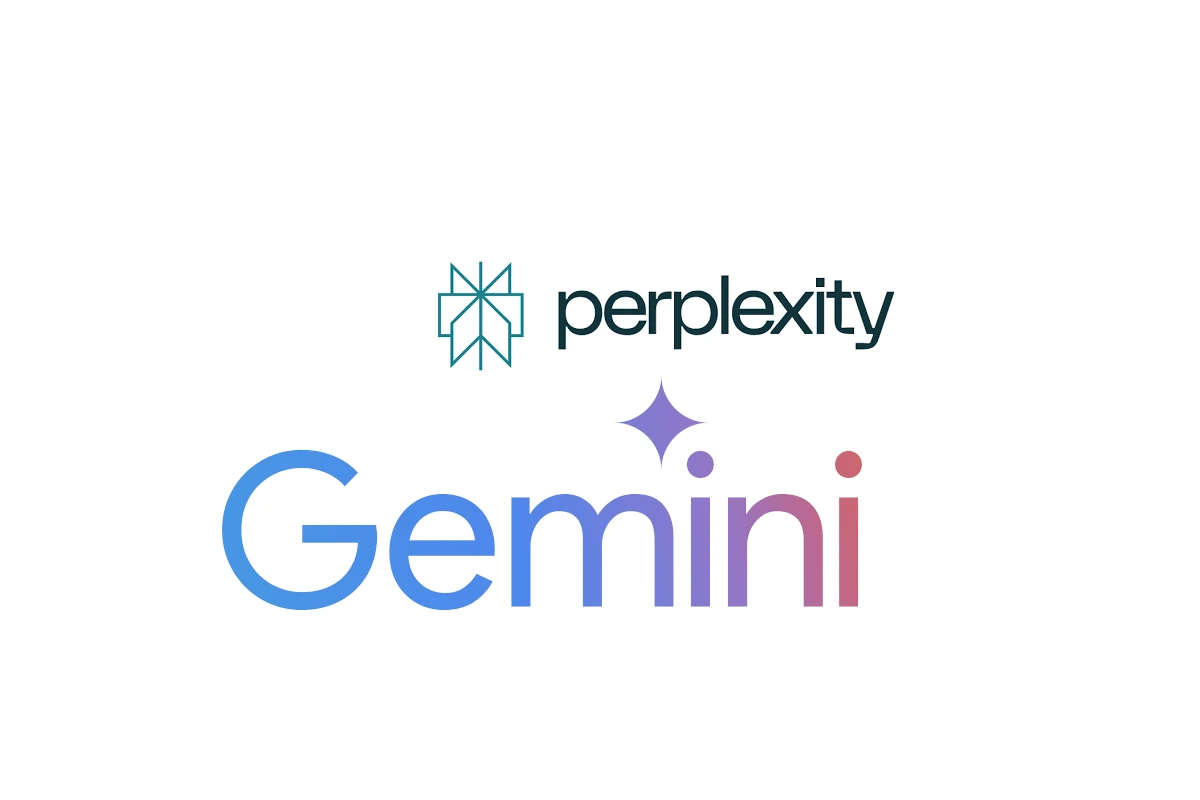The race to redefine how we search for information is heating up. Traditional search engines are no longer enough—users want direct answers, real‑time data, and sources they can trust. Two major players leading this shift are Perplexity AI and Google Gemini.
While both are powerful AI tools, they serve different purposes. This article breaks down Perplexity AI vs Google Gemini in terms of features, accuracy, speed, use cases, and overall value in 2026.
What Is Perplexity AI?
Perplexity AI is an AI‑powered answer engine designed to deliver concise, sourced responses to user questions. Instead of returning a list of links, Perplexity provides direct answers with citations, making it especially popular among researchers, students, and professionals.
Key Strengths:
- Real‑time web browsing
- Source‑linked answers
- Fast, minimal interface
- Strong factual reliability
- Focused on search and research
Perplexity feels like a research assistant rather than a chatbot.
What Is Google Gemini?
Google Gemini is Google’s multimodal AI system, deeply integrated across Google products such as Search, Gmail, Docs, Android, and Chrome. It combines conversational AI with productivity, creativity, and automation tools.
Key Strengths:
- Deep Google ecosystem integration
- Multimodal input (text, images, files)
- Strong reasoning and coding abilities
- Personalized responses using Google data
- Advanced creative writing tools
Gemini acts more like a general AI assistant than a pure search engine.
Perplexity AI vs Google Gemini: Feature Comparison
| Feature | Perplexity AI | Google Gemini |
|---|---|---|
| Primary Purpose | AI search & research | General AI assistant |
| Real‑Time Web Access | ✅ Yes | ✅ Yes (select modes) |
| Source Citations | ✅ Built‑in | ⚠️ Limited |
| Multimodal Input | ⚠️ Limited | ✅ Yes |
| Ecosystem Integration | ❌ Minimal | ✅ Extensive |
| Writing & Creativity | ⚠️ Basic | ✅ Advanced |
| Coding Assistance | ✅ Moderate | ✅ Strong |
| Interface Simplicity | ✅ Very high | ⚠️ Moderate |
| Best For | Research & fact‑checking | Productivity & creativity |
Accuracy & Reliability
Perplexity AI
Perplexity excels at fact‑based queries. Its emphasis on citations makes it easier to verify information and reduces hallucinations. For news, statistics, and academic topics, it often feels more trustworthy.
Google Gemini
Gemini is highly capable but sometimes prioritizes fluency over sourcing. While accurate for general knowledge, users may need to double‑check facts when precision is critical.
✅ Winner for accuracy: Perplexity AI
Speed & User Experience
- Perplexity AI is fast, clean, and distraction‑free. You ask a question and get an answer—no clutter.
- Gemini offers a richer experience but can feel heavier due to integrations, prompts, and extended responses.
✅ Winner for speed: Perplexity AI
✅ Winner for features: Google Gemini
Research & Academic Use
Perplexity AI shines in:
- Academic research
- Journalism
- Market analysis
- Fact‑checking
- Technical documentation
Google Gemini is better for:
- Writing essays
- Summarizing long documents
- Brainstorming ideas
- Creating presentations
✅ Best for research: Perplexity AI
✅ Best for content creation: Google Gemini
AI Search vs AI Assistant Philosophy
This is the core difference:
- Perplexity AI replaces traditional search engines
- Google Gemini replaces personal assistants and productivity tools
If you want answers with sources, Perplexity is unmatched.
If you want an AI that helps you do things, Gemini excels.
Pricing & Availability (2026 Overview)
| Plan Type | Perplexity AI | Google Gemini |
|---|---|---|
| Free Tier | ✅ Yes | ✅ Yes |
| Paid Plans | Research‑focused upgrades | Advanced AI features |
| Platform Access | Web, mobile apps | Web, Android, Google apps |
Both platforms offer free access, with premium tiers aimed at power users.
Privacy & Data Considerations
- Perplexity AI collects minimal personal data and doesn’t rely on a massive ecosystem.
- Google Gemini benefits from personalization but raises privacy concerns for some users due to deep data integration.
✅ More privacy‑friendly: Perplexity AI
Which One Should You Choose?
Choose Perplexity AI if you:
✅ Want fast, sourced answers
✅ Do research or academic work
✅ Need real‑time information
✅ Prefer minimal interfaces
Choose Google Gemini if you:
✅ Want an all‑in‑one AI assistant
✅ Use Google Workspace heavily
✅ Need creative writing or coding help
✅ Want multimodal input
Can You Use Both?
Absolutely—and many users do.
A common workflow in 2026:
- Perplexity AI for research and fact‑checking
- Google Gemini for writing, editing, and productivity
They complement each other more than they compete.
Final Verdict
Perplexity AI vs Google Gemini isn’t about which is better—it’s about what you need.
- Perplexity AI is the best AI search engine
- Google Gemini is the best Google‑integrated AI assistant
As AI continues to reshape search and productivity, these two tools represent different visions of the future—and both are worth using.







